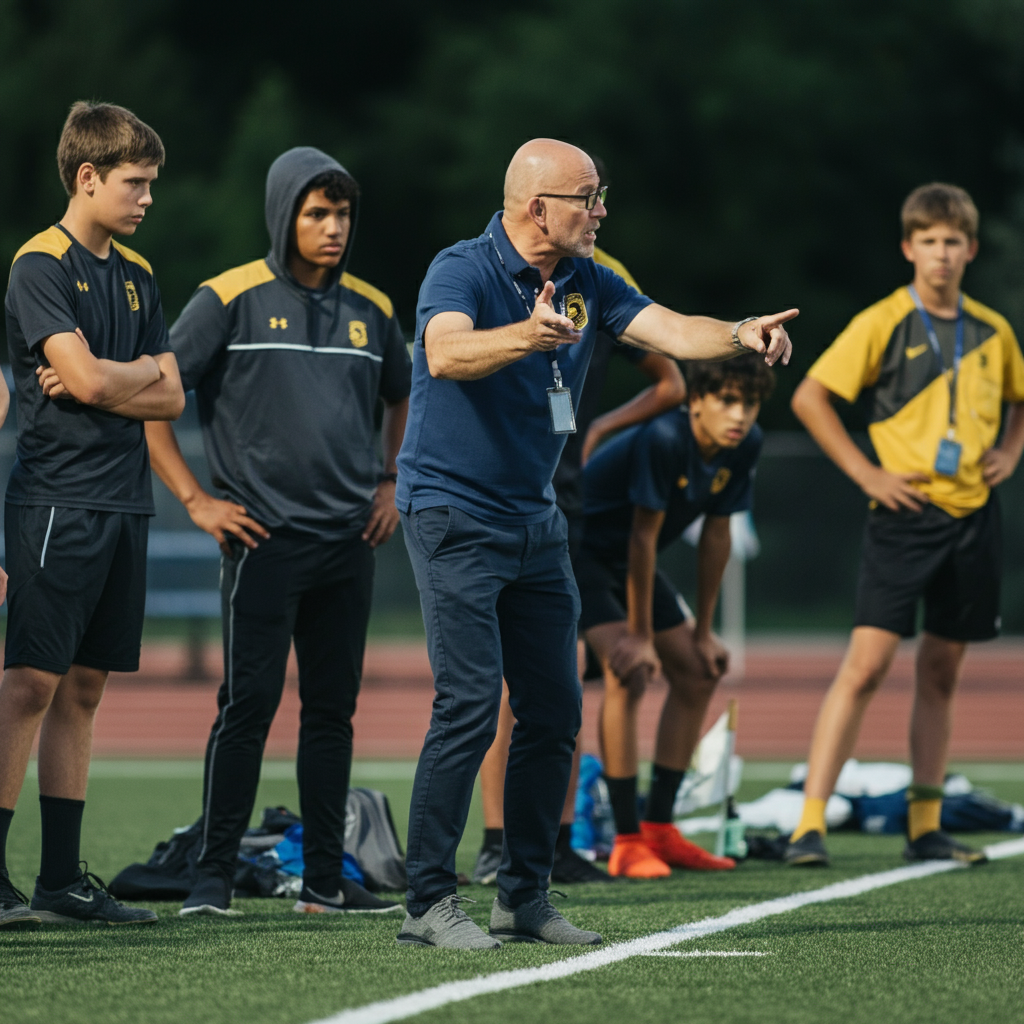
Elite Teams. Meaningful Products.
Zero Unnecessary Overhead.
Your organization doesn’t need more developers. It needs a system that helps the ones you already have build faster, think clearer, and deliver real value - all without sacrificing quality or culture.
This isn’t just agile. It’s a mission.
We believe elite teams can build products that uplift people and communities. We believe that great work doesn’t require burnout. And that real success means building fast and building well. We help organizations become wildly profitable and deeply human—by empowering the people who build your product to thrive.
🕶️ Sound impossible? That’s exactly why we do it.
Our Operating Layer
TeamOS
Foundation for high-performance, self-managing product teams.
SMES
For Scrum Masters who enable flow, focus, and fearless leadership.
POMS
The mastery path for elite Product Owners—vision, influence, delivery.
Leadership Edge
For execs and senior leaders ready to build a culture of scale-ready excellence.
Late deliveries? Burned out teams? Still missing goals?
❌ Too many developers, not enough velocity
❌ Constant firefighting and shifting priorities
❌ Fragile culture that can’t retain talent

Sierra Agility: Your Elite Team Engine Room
Behind every high-performing team is a system that reinforces the right habits—without slowing anyone down. Sierra Agility is our AI-powered toolset that makes TeamOS, SMES, and POMS real—day to day, sprint to sprint.
✅ Guides backlog refinement, sprint planning, and stakeholder engagement
✅ Reinforces team autonomy and leadership habits without micromanagement
✅ Keeps teams aligned to product goals and delivery clarity—automatically
| Layer | Effect | How Sierra Agility Supports |
|---|---|---|
| TeamOS | Build elite, self-managing teams | Reinforced daily through Sierra Agility prompts |
| SMES | Empower Scrum Masters to lead flow | Track friction, surface impediments, reinforce habits |
| POMS | Grow influential Product Owners | Clarify product goals, manage stakeholder inputs |
| Leadership Edge | Guide culture and alignment | See across teams, focus leadership interventions |
Sierra Agility is how your teams practice the mission—not just learn it.
Trusted by engineering leaders who demand results.
Featured Blog Posts
📖 Additional Resources
Build Something Better
Want better products, fewer headaches, and teams that stay?
Let’s explore what transformation looks like for your organization.

















More than 20 traditional jobs are expected to vanish by 2030—bank tellers, data entry clerks, travel agents, and even graphic designers. But this isn’t the end. It’s your invitation to evolve. If you’re ready to reskill into a role built for the future—think Scrum Master, Product Owner, Agile leader—we’ll show you how to get there.